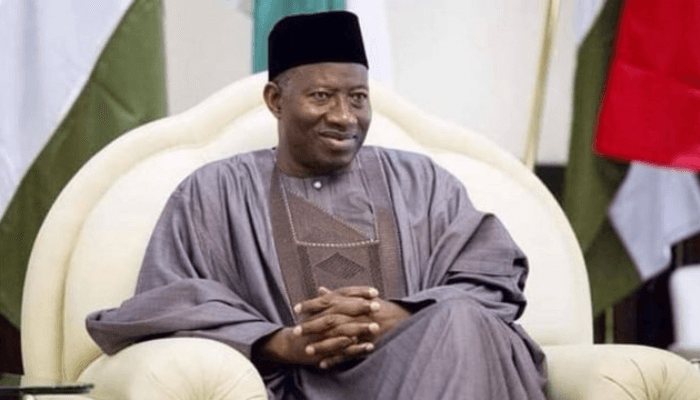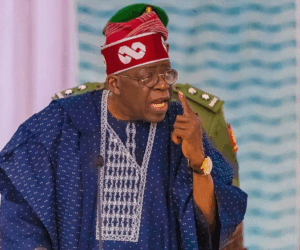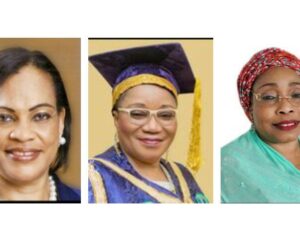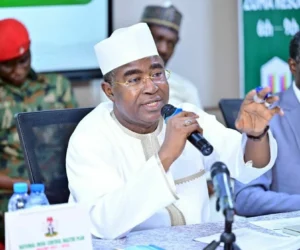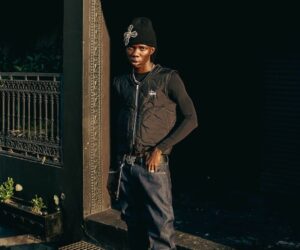Goodluck Jonathan, former President has disclosed that he had hoped Muhammadu Buhari, Nigeria’s immediate past president, would be able to solve Nigeria’s Boko Haram insurgency problem since he was once nominated by the group to represent them in peace talks with the federal government during his administration’s search for a negotiated settlement.
Jonathan made the revelation on Friday at the public presentation of Scars: Nigeria’s Journey and the Boko Haram Conundrum, authored by former Chief of Defence Staff, General Lucky Irabor (rtd), held at the Transcorp Hilton Hotel in Abuja.
“One of the major scars on my government is the scar of the Chibok girls. It is a scar that will die with me.
“During one of the processes we initiated for dialogue, the insurgents put forward Buhari to lead their team to negotiate with government”, Jonathan said.
The former president explained that he had hoped Buhari’s later emergence as president would ease the path to dialogue and a possible surrender.
Read also: 1,200 churches have been razed annually since the 2009 Boko Haram uprising —Intersociety
“But the insurgency still persisted,” he lamented, describing the crisis as “far more complex than often presented.”
Jonathan recalled that as vice president under the late President Umaru Musa Yar’Adua, he had witnessed the success of dialogue and amnesty in resolving militancy in the Niger Delta.
However, he admitted Boko Haram proved more complicated, with external involvement suspected in the flow of sophisticated arms and ammunition into Nigeria.
“The issue of carrots and the stick may be adopted,” Jonathan suggested, adding that his administration had explored multiple committees and approaches.
“If it was just about hunger, it would have been easy to solve. Boko Haram is beyond that”, he added.
On the Chibok girls abducted in 2014, Jonathan said the tragedy left a permanent mark on his administration.
“No plastic or cosmetic surgery can remove it,” he said, adding that he still hopes one day Boko Haram leaders will document their motivations and actions to help Nigerians understand the group’s origins.
President Bola Tinubu, represented by Mohammed Abubakar, the Minister of Defence, pledged that his administration would not relent until insecurity is defeated across Nigeria.
He described Irabor’s book as “not only history, but guidance for the present and a roadmap for the future,” stressing the need for collective effort to restore peace.
Read also: Insecurity: How Zulum fights Boko Haram with Boko Halal
Former President Olusegun Obasanjo, who chaired the event, said insecurity had evolved from insurgency in the Northeast to banditry, kidnapping, and other violent crimes across the country.
Drawing from his 2011 visit to Maiduguri after the UN building bombing, he argued that Boko Haram’s roots lay more in socio-economic grievances than religion or politics.
“We cannot continue this way,” Obasanjo warned, urging those with inside knowledge of the group’s early years to write books or speak up.
Babagana Monguno, former National Security Adviser, described Scars as “apt” and called for national re-engineering to address issues of power struggles, resource allocation, and ethnic mistrust, which he said fuel insecurity.
He lamented Nigeria’s lack of cohesion and warned that “you can never address insecurity in as much as there is impaired national cohesion.”
Matthew Kukah, Book reviewer, said Boko Haram is more of an ideological war than a military one, adding that “all the military operations with different code names have not ended the insurgency.”
He stressed the need for “soft power” approaches such as good governance, reconciliation, and civic engagement.
“The urgency is not about more guns but about building a ‘war room’ where military and intelligence leaders think ahead about tomorrow,” Kukah argued.
Sa’ad Abubakar III, Sultan of Sokoto, reinforced the call for tolerance, stressing that Islam advocates good governance and not extremism.
He condemned the misuse of “jihad” as justification for violence.
Lucky Irabor, author of the book, said Scars was written to focus national attention on credible solutions to insecurity.
“This is not an indictment. It is a national soul-searching presentation. I have always believed man exists to solve problems, and this book is my contribution to that effort”, he emphasized.
He urged Nigerians to recommit to building a nation anchored on justice, equity, and peace.
The event was attended by dignitaries including Christopher Musa, Chief of Defence Staff, former Service Chiefs General Alexander Ogomudia and Vice ,
Atiku Bagudu, Minister of Budget and Planning.
Others who spoke at the event, acknowledged the devastating impact of Boko Haram since 2009 and called for innovative strategies to finally end a menace that has outlived four administrations.

